Fujian: Regierung löst weiterhin Hauskirchen auf
Zahlreiche Hauskirchen werden wegen „Illegalität“ oder „Störung“ angeklagt, terrorisiert, manipuliert und geschlossen, um sie zu einem Beitritt zur offiziellen protestantischen Kirche zu zwingen.
Ein Magazin über Religionsfreiheit und Menschenrechte in China
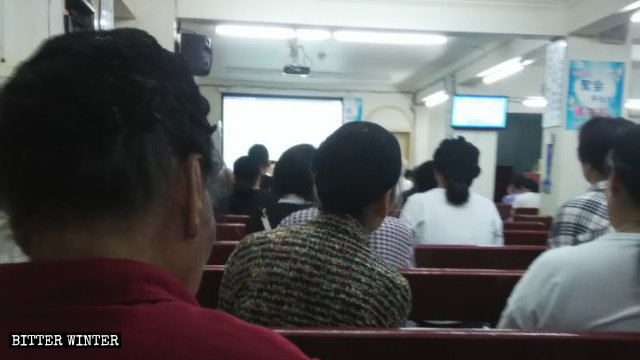
Zahlreiche Hauskirchen werden wegen „Illegalität“ oder „Störung“ angeklagt, terrorisiert, manipuliert und geschlossen, um sie zu einem Beitritt zur offiziellen protestantischen Kirche zu zwingen.
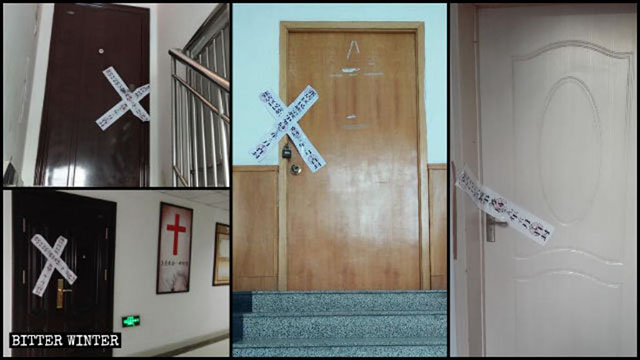
Vier Kirchenleiter wurden im Rahmen eines der größten Einsätze gegen dieses Netzwerk der Sola Fide-Hauskirchen festgenommen.
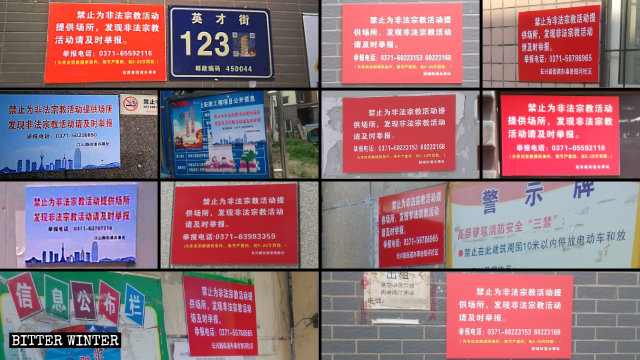
Finanzielle Belohnungen seitens der Regierung fördern in China die Kultur des Ausspionierens, stellen für gläubige Menschen eine ständige Gefahr dar und führen zur Schließung von Kirchen.
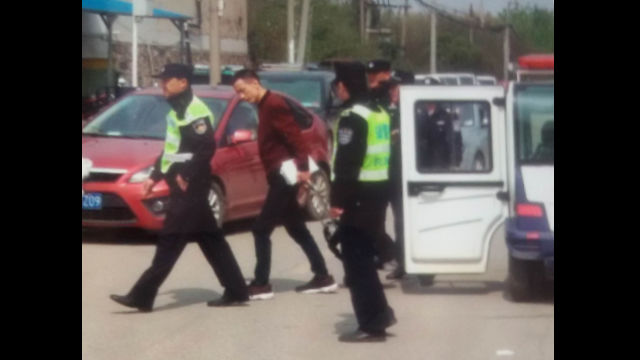
Die KPCh hat eine neue Mission: Innerhalb der nächsten zwei Jahre will sie die Hauskirchen landesweit auslöschen. Währenddessen legen sie noch einmal einen Zahn zu, schließen zwangsweise Kirchen und nehmen diese selbst im Internet ins Visier.
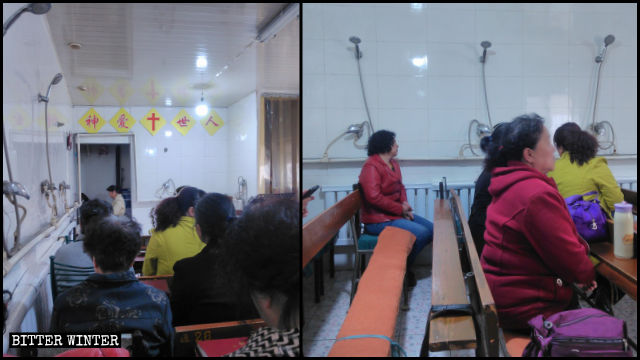
Um Razzien und Festnahmen zu entgehen, tarnen Gläubige der Hauskirchen ihre Versammlungsstätten oder entscheiden sich dafür, in den Bergen zu beten – nur um den wachsamen Augen der Regierung zu entkommen.
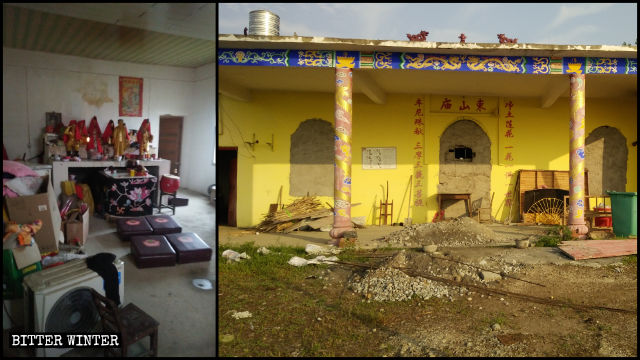
Die Regierungen der Provinzen und regierungsunmittelbaren Städte verstärken ihr Vorgehen gegen Kirchen und Tempel, um den übergeordneten Behörden Erfolge bei der Unterdrückung der Religion vorweisen zu können.
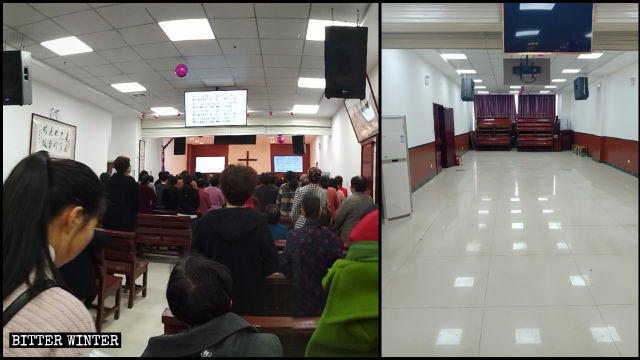
Jeder, der an eine Hauskirche vermietet, kann mit hohen Geldstrafen bis zu 26 000 Euro belangt werden. Diese – durch Propaganda begleitete – Maßnahme hat dazu geführt, dass viele Kirchen nun keine Versammlungsstätte mehr haben.
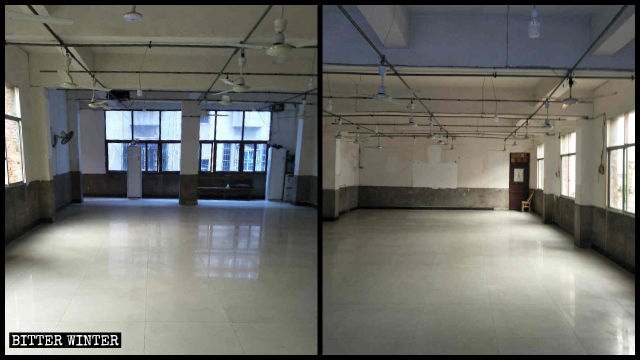
Belohnungen für Informanten, Registrierung von Gläubigen, Propaganda und mehr. Die Provinz Jiangxi scheut keine Mühen, um Kirchen auszumerzen, die noch nicht von der KPCh kontrolliert werden.
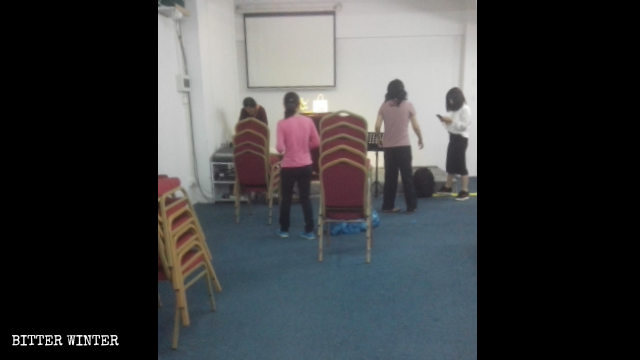
Beamte, die sich über Gerichtsverfahren hinwegsetzen und Gewalt anwenden, gehen weiterhin schonungslos gegen inoffizielle Gotteshäuser vor – mit dem Ziel, diese völlig auszulöschen.
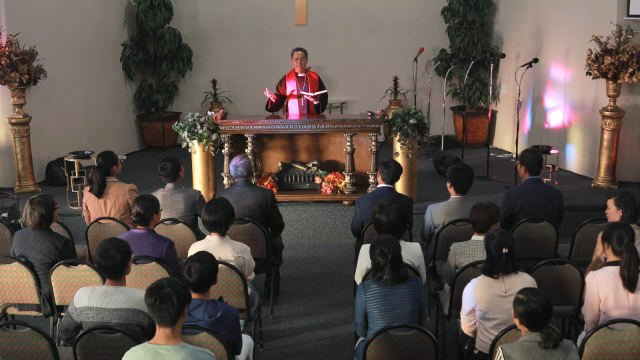
Die KPCh verfolgt weiterhin Christen aus dem Ausland unter dem Vorwand, sich der „christlichen Infiltration aus dem Ausland zu widersetzen“.
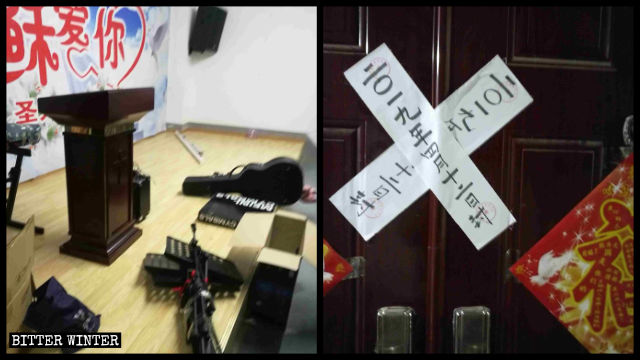
Ein Gotteshaus in der Stadt Taiyuan wurde wegen „Störung der öffentlichen Ordnung“ gewaltsam geschlossen und seine Gemeindemitglieder wurden zum Verhör mitgenommen.
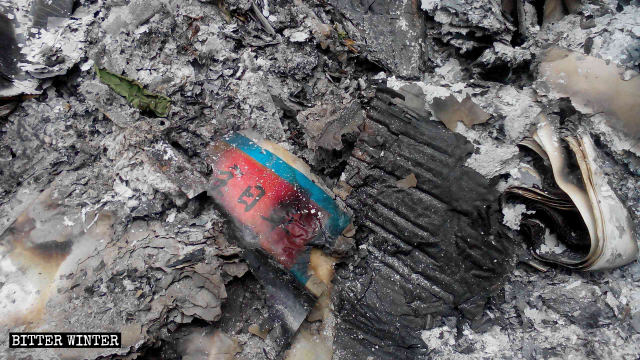
Um sicherzustellen, dass Kirchengemeinden keine Mittel mehr haben, geschlossene Gotteshäuser wieder zu eröffnen, beschlagnahmt die KPCh ihr Vermögen und verbrennt Bibeln und religiöse Symbole.
MASSIMO INTROVIGNE
MARCO RESPINTI
CESNUR
Via Confienza 19,
10121 Torino, Italy,
Phone: 39-011-541950
| Cookie | Dauer | Beschreibung |
|---|---|---|
| cookielawinfo-checkbox-advertisement | 1 year | Set by the GDPR Cookie Consent plugin, this cookie is used to record the user consent for the cookies in the "Advertisement" category . |
| cookielawinfo-checkbox-analytics | 11 months | This cookie is set by GDPR Cookie Consent plugin. The cookie is used to store the user consent for the cookies in the category "Analytics". |
| cookielawinfo-checkbox-functional | 11 months | The cookie is set by GDPR cookie consent to record the user consent for the cookies in the category "Functional". |
| cookielawinfo-checkbox-necessary | 11 months | This cookie is set by GDPR Cookie Consent plugin. The cookies is used to store the user consent for the cookies in the category "Necessary". |
| cookielawinfo-checkbox-others | 11 months | This cookie is set by GDPR Cookie Consent plugin. The cookie is used to store the user consent for the cookies in the category "Other. |
| cookielawinfo-checkbox-performance | 11 months | This cookie is set by GDPR Cookie Consent plugin. The cookie is used to store the user consent for the cookies in the category "Performance". |
| CookieLawInfoConsent | 1 year | Records the default button state of the corresponding category & the status of CCPA. It works only in coordination with the primary cookie. |
| viewed_cookie_policy | 11 months | The cookie is set by the GDPR Cookie Consent plugin and is used to store whether or not user has consented to the use of cookies. It does not store any personal data. |
| Cookie | Dauer | Beschreibung |
|---|---|---|
| _gat | 1 minute | This cookie is installed by Google Universal Analytics to restrain request rate and thus limit the collection of data on high traffic sites. |
| Cookie | Dauer | Beschreibung |
|---|---|---|
| CONSENT | 2 years | YouTube sets this cookie via embedded youtube-videos and registers anonymous statistical data. |
| _ga | 2 years | The _ga cookie, installed by Google Analytics, calculates visitor, session and campaign data and also keeps track of site usage for the site's analytics report. The cookie stores information anonymously and assigns a randomly generated number to recognize unique visitors. |
| _gid | 1 day | Installed by Google Analytics, _gid cookie stores information on how visitors use a website, while also creating an analytics report of the website's performance. Some of the data that are collected include the number of visitors, their source, and the pages they visit anonymously. |
| Cookie | Dauer | Beschreibung |
|---|---|---|
| NID | 6 months | NID cookie, set by Google, is used for advertising purposes; to limit the number of times the user sees an ad, to mute unwanted ads, and to measure the effectiveness of ads. |
| VISITOR_INFO1_LIVE | 5 months 27 days | A cookie set by YouTube to measure bandwidth that determines whether the user gets the new or old player interface. |
| YSC | session | YSC cookie is set by Youtube and is used to track the views of embedded videos on Youtube pages. |
| yt-remote-connected-devices | never | YouTube sets this cookie to store the video preferences of the user using embedded YouTube video. |
| yt-remote-device-id | never | YouTube sets this cookie to store the video preferences of the user using embedded YouTube video. |